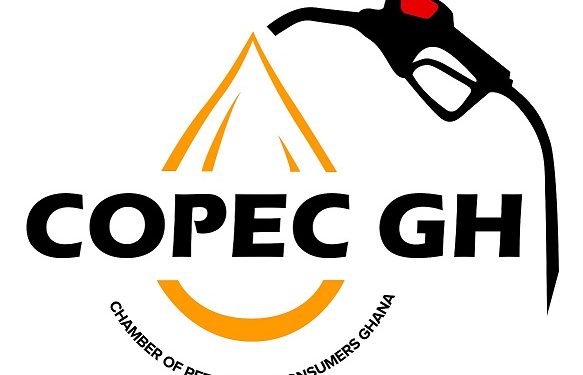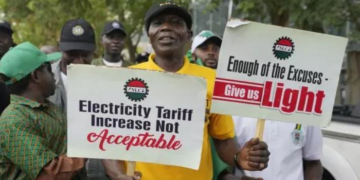COPEC describes 15p fuel price reduction as insensitive
The Chamber of Petroleum Consumers (COPEC) has described the 15 pesewas reduction in the petroleum price-build-up by the government as insensitive and disappointing.
The Executive Director of COPEC, Duncan Amoah, in a reaction to the development after the Finance Minister’s announcement, described the development as unfortunate.
“A total of 15 pesewas reduction in the crazy fuel price levels is to say the least very unfortunate and insensitive…margins have been reduced but he’s holding on to all his taxes?? woooowww,” he posted on Facebook.
“I am afraid but this finance minister is completely detached from the harsh realities of the people, 1.5 percent reduction in fuel prices that have jumped to above 10 cedis per litre?? This is very disappointing.”
“You threw away 25 billion cedis in a banking sector clean up yet cannot give Ghanaians only 2 billion in petroleum reliefs,” he added.
The government has reduced the margin price build-up of petroleum products by a total of 15 pesewas per litre with effect from April 1, 2022, Ken Ofori-Atta, the Minister for Finance, has said.
The measure will run for the next three months.
Read: Ghana’s €20m Renewable Energy fund to boost Ghana’s energy transition
Addressing the country on steps being taken to curb Ghana’s economic challenges, Ofori-Atta said, “To mitigate the impact of the rising price of petroleum products at the pump, for the next three months, government has decided to reduce margins in the petroleum price build-up by a total of 15 pesewas per litre with effect from 1 April.”
Ofori-Atta said the reductions in margins are expected to reduce the price of petrol by 1.6% and that of diesel by 1.4%.
“We anticipate that the measures taken to strengthen the currency will help further stabilise the prices at the pump,” he added.
He said the National Petroleum Authority (NPA) is in discussion with the oil marketing companies (OMCs) to reduce their margins, in the spirit of burden-sharing.
“The government will do all it can to ensure consistent supply of fuel and manage the rate of ex-pump price increase by ensuring that BoG [the Bank of Ghana] has access to adequate foreign exchange,” Ofori-Atta said.
Meanwhile, Commercial transport operators have rejected the government’s decision to reduce fuel prices by 15 pesewas as announced by the Finance Minster yesterday, saying the amount is woefully inadequate.
The Group made up of the Ghana Private Road Transport Union (GPRTU), the Concerned Drivers Association of Ghana and other transport unions say they are disappointed.
To them, they would have been better off if government had not reduced the price of fuel.
In an interview, the Spokesperson for GPRTU, Imoro Abass, indicated that drivers would be discussing a further increase in transport fares.
“If this is all they can do for us, I will say we are ungrateful. The ¢0.15 is woefully inadequate, so we’d have to meet and decide on which way we are going to move,” he said.
Also speaking on Accra-based Citi FM, the Public Relations Officer for the Concerned Drivers Association of Ghana, David Agboado, recounted that, “the last time we increased transport fares fuel was sold at ¢7.99, as it stands, it is ¢10. 90, and the best intervention government could come up with was to absorb only ¢0.15.”
“We would have been better off if government hadn’t touched it at all,” he stated.
Prices of petroleum products were increased a few weeks ago following the rise in crude oil prices in the international market.
Currently, diesel sells between ¢10 and ¢11 per litre at various fuel pumps, while petrol price has crossed ¢9 at some fuel stations across the country.








